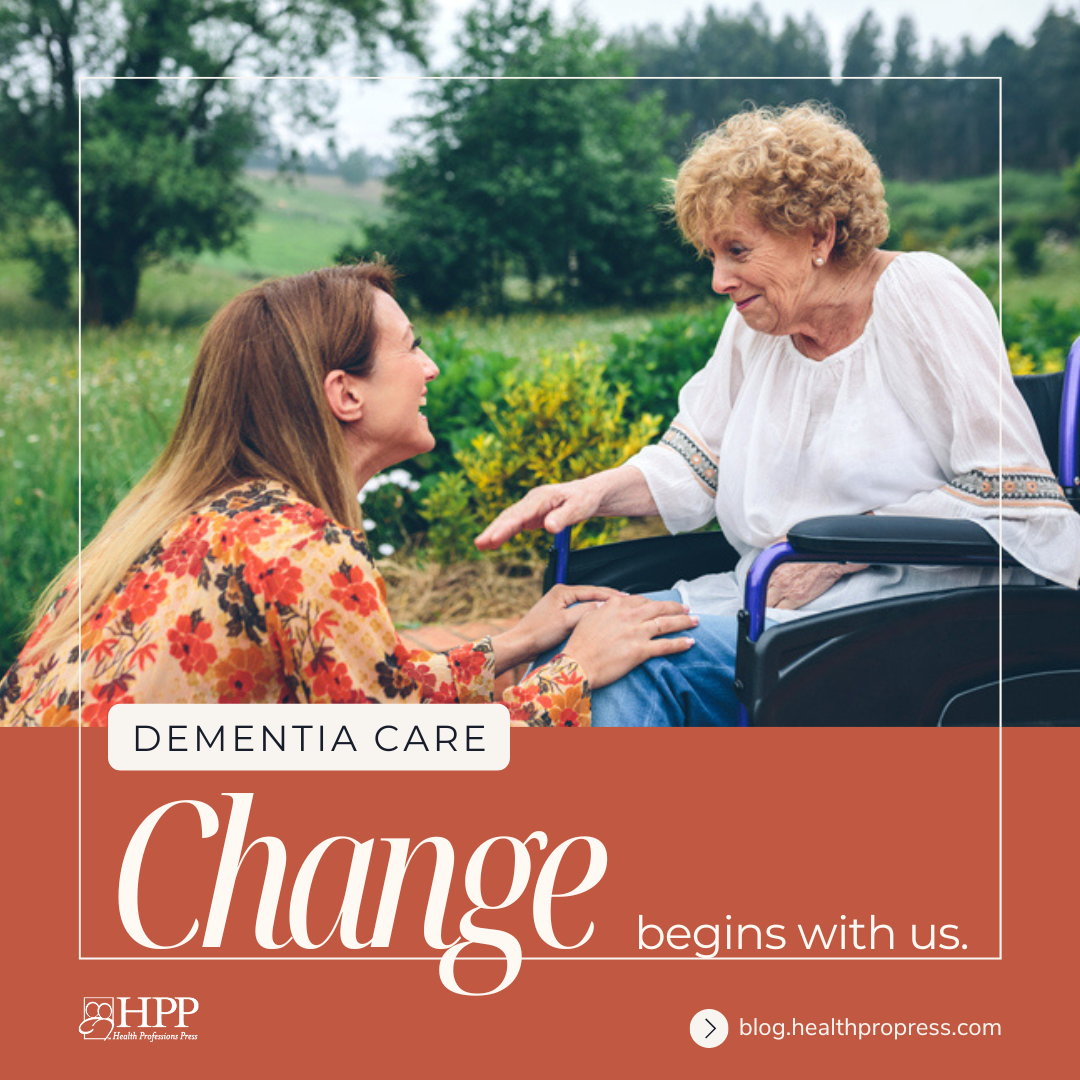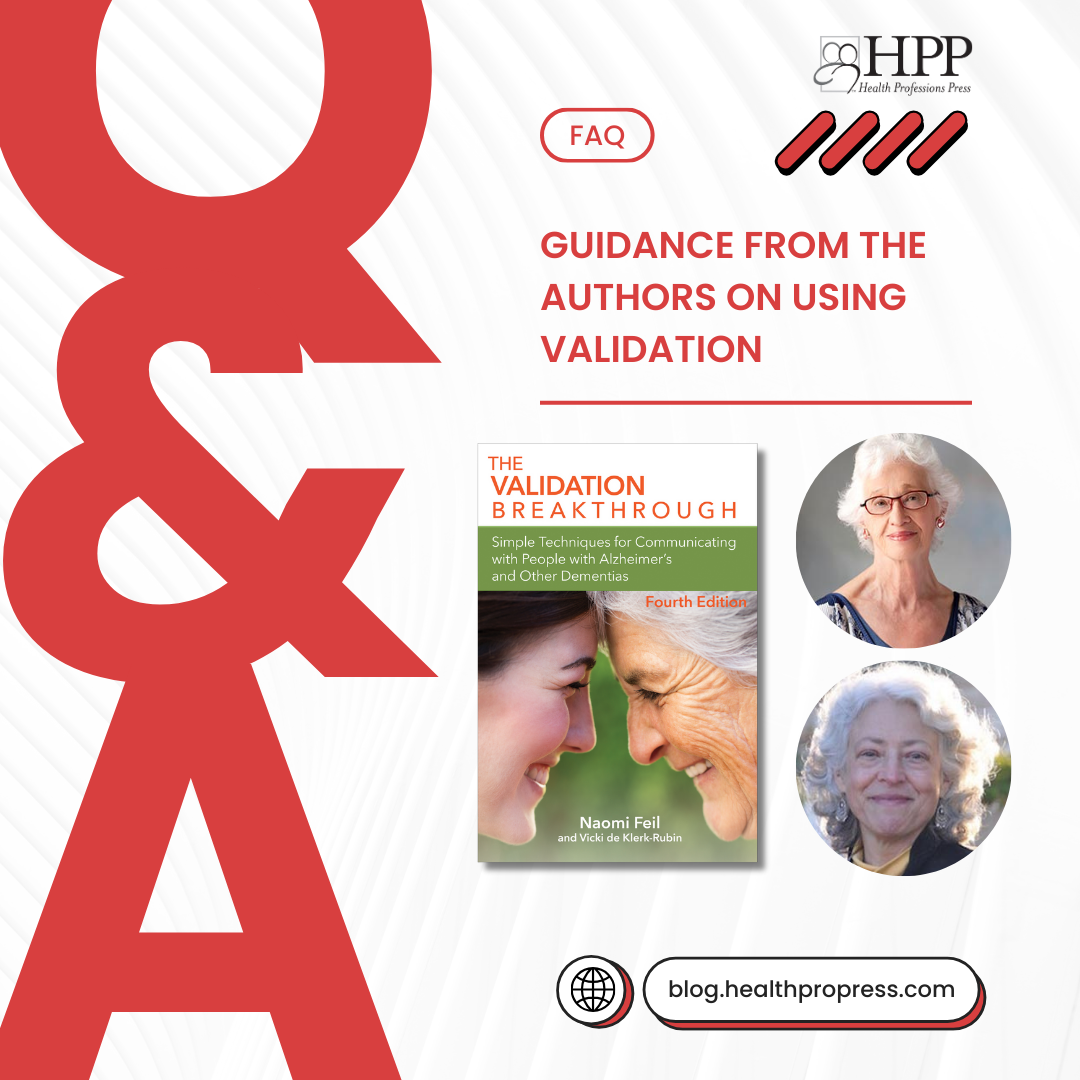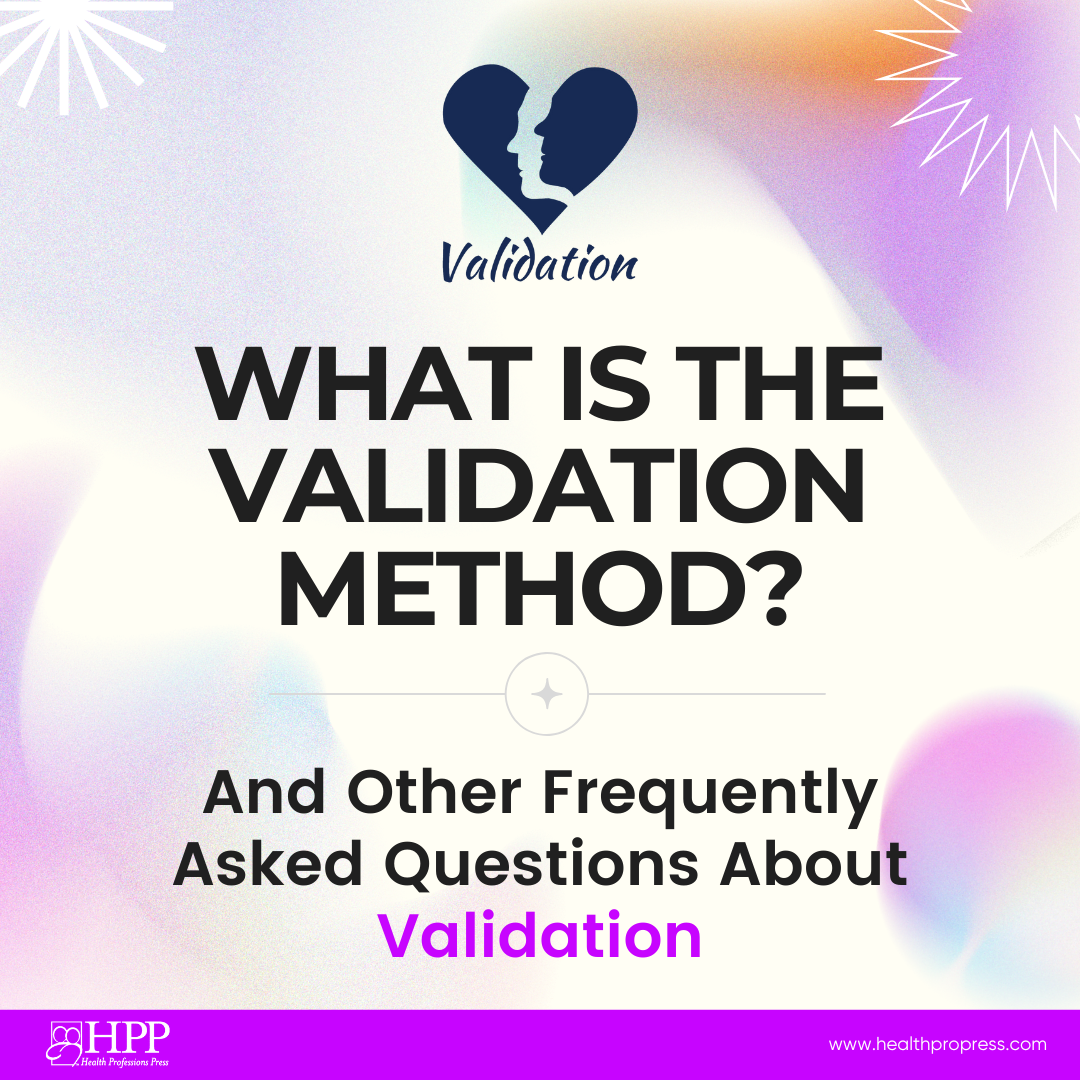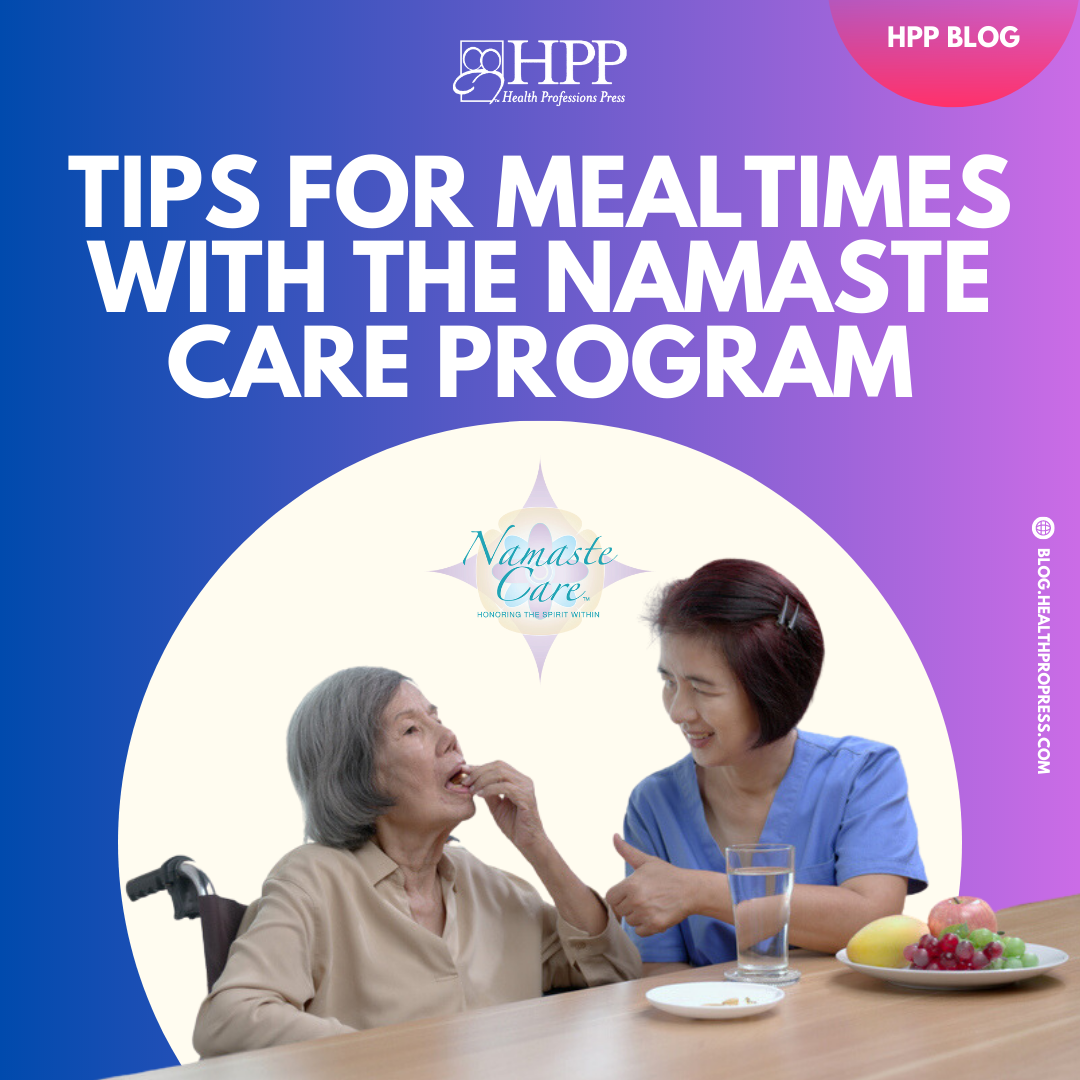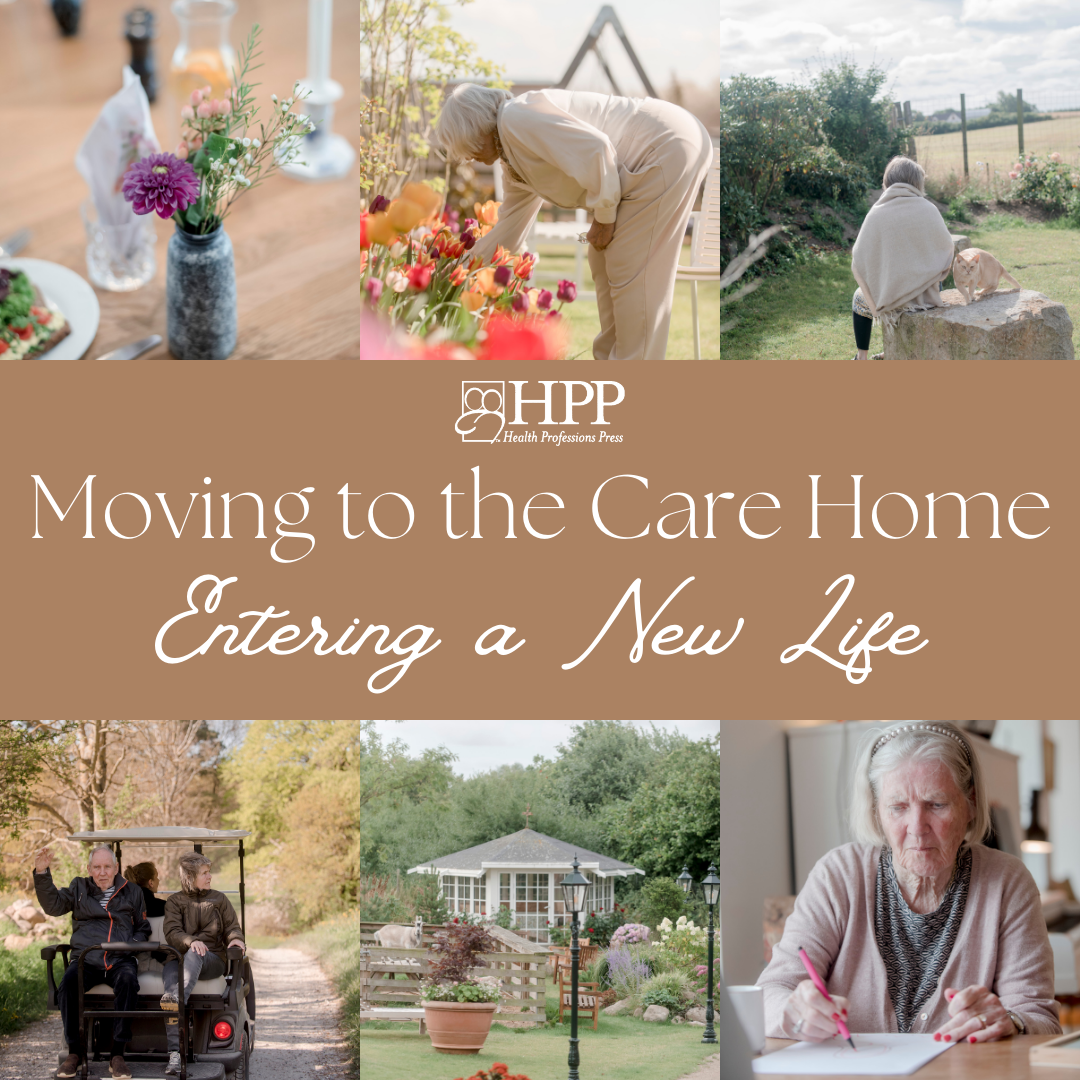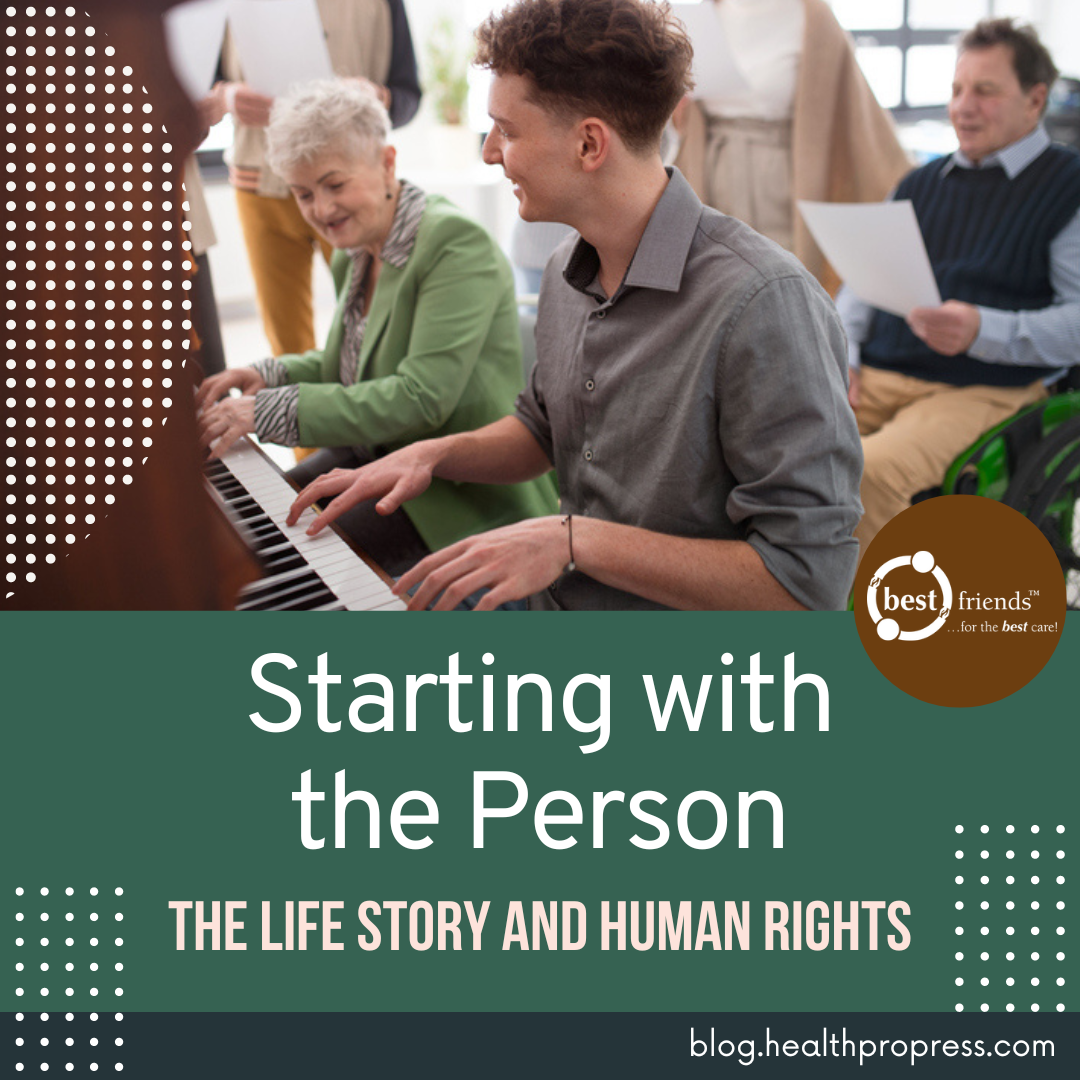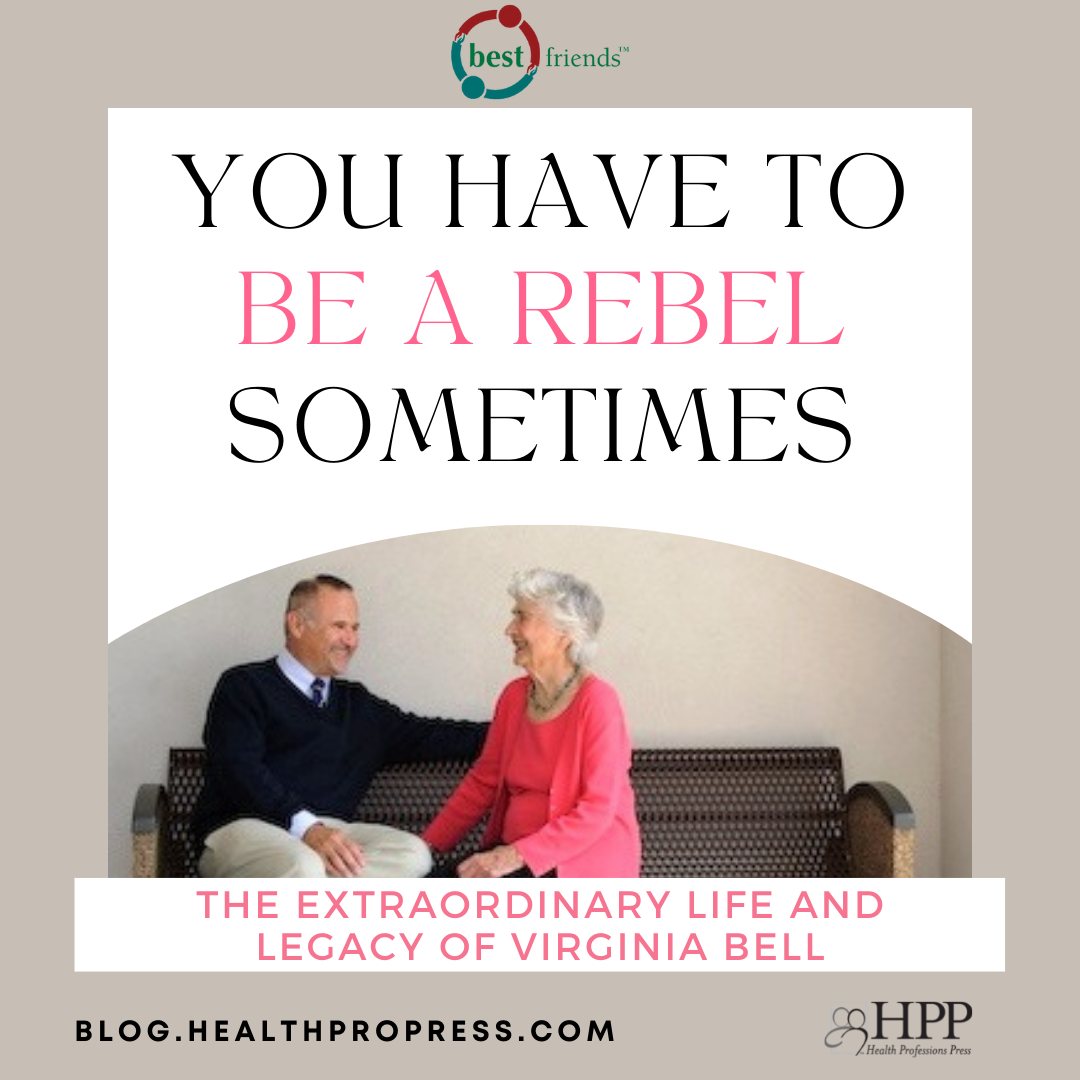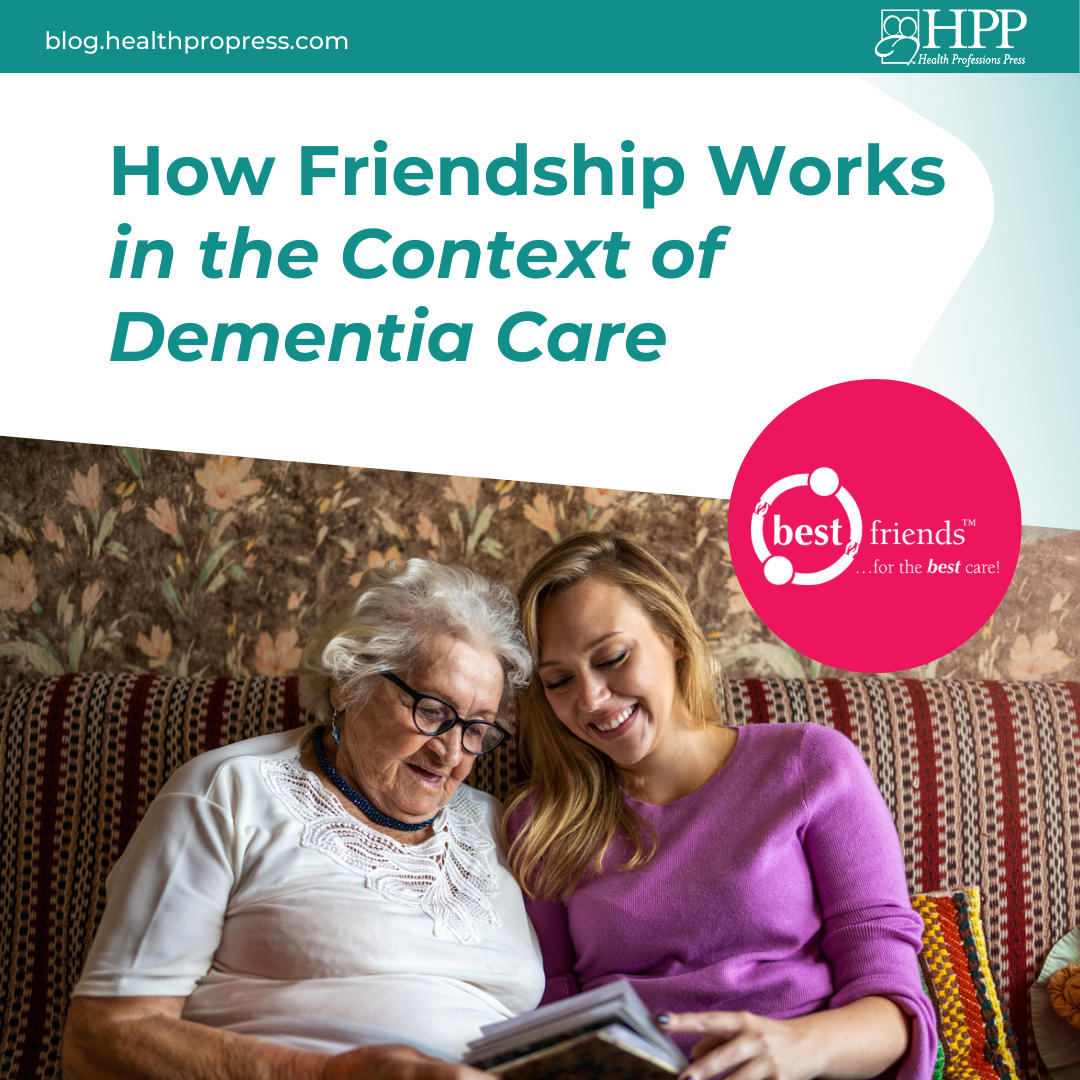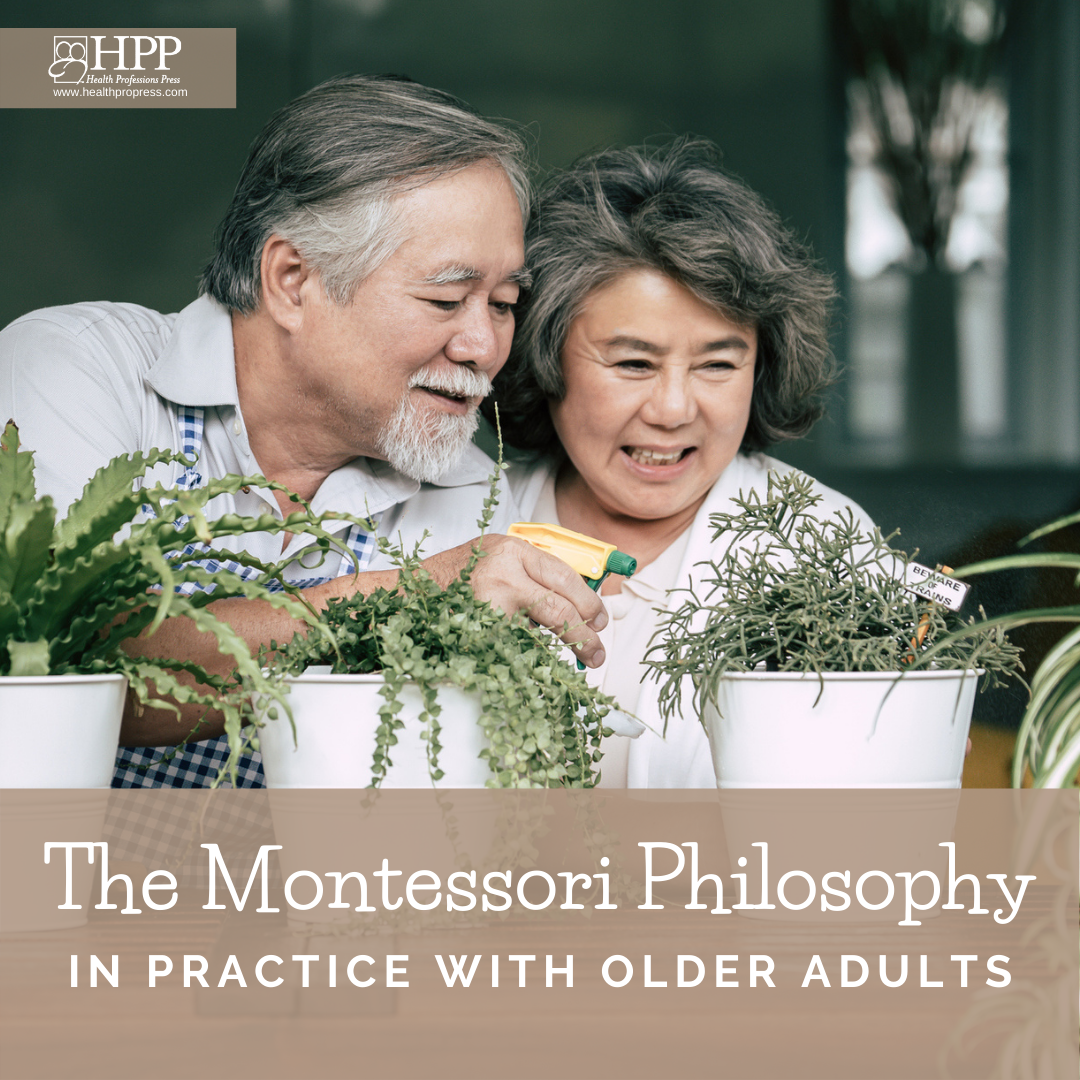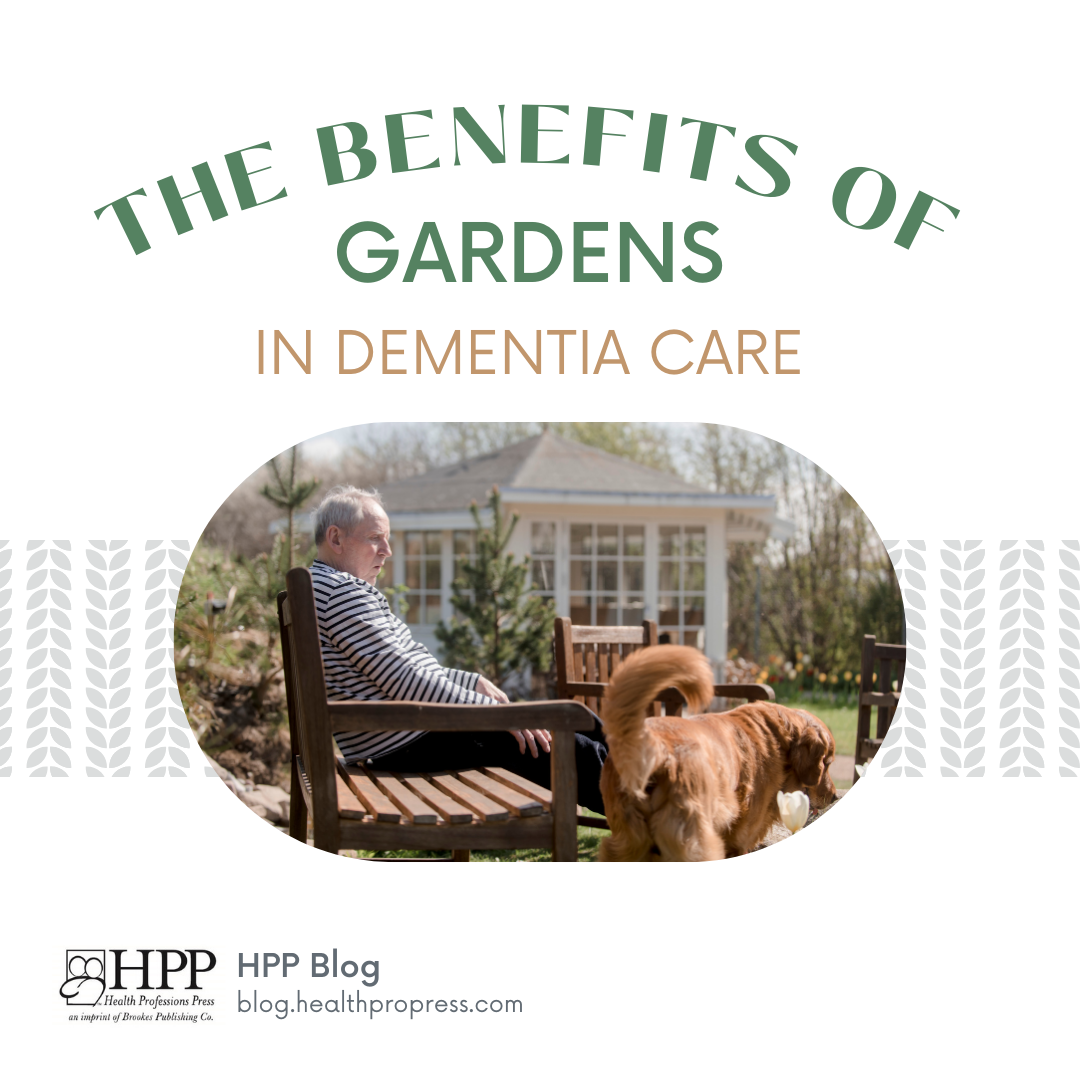
The Benefits of Gardens in Dementia Care
Saying “hello” to the outside world, for even a brief moment, is vital. The truth is, trips outside, whether to the garden at the home or to a nearby forest or nature trail, are beneficial for both the residents and the employees. It does us all good to get a little air and light, and being out in nature can remind our residents, and ourselves, of our connectedness to something greater than ourselves. I am not sure why so many people assume that working at a nursing home means staying indoors. Let people go outside; it is good for all…
READ MORE
